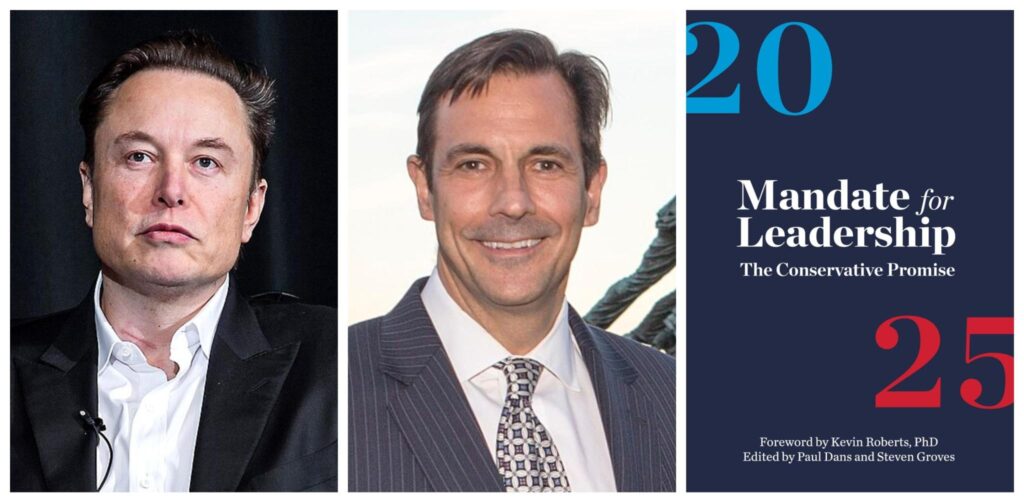A soon-to-be-released UN report says runaway economic growth has pushed greenhouse-gas emissions to dangerous levels much faster than previously estimated and, instead of reaching the threshold within a decade, it was actually crossed two years ago.
The findings will highlight the perils of giving economic growth priority over efforts to curtail global warming.
The final report from the United Nations Intergovernmental Panel on Climate change will show that growing economies herald growing greenhouse gas emissions and the result has been a growing threat of global warming, says scientist and Australian of the Year conservationist Tim Flannery.
”We thought we’d be at that threshold within about a decade,” Flannery told ABC. ”We thought we had that much time, but the new data indicates that in about mid-2005, we crossed that threshold.”
Flannery’s comments came just days after Canada and the U.S. both advocated a voluntary approach to limit greenhouse gases instead of strict international agreements to curb emissions. Neither President Bush nor Canadian Prime Minister Stephen Harper wants to cap emissions because they fear it would stifle economic growth.
They are right, of course, but that’s exactly what must happen.
As Flannery has observed: ”We’ve had growing economies everywhere. We’re still basing that economic activity on fossil fuels. You know, the metabolism of that economy is now on a collision course with our planet, clearly.”
The IPCC‘s Synthesis Report (also known as the Fourth Assessment Report) will be released on November 7, 2007. The Report brings together the core information of the previous three volumes released earlier this year, to create “the most policy-relevant scientific document on climate change for the years to come.”
Like this story? Subscribe to our RSS feed here or our weekly electronic update in the sidebar.
DeSmogBlog is a registered non-profit, and we count on reader’s donations to help us do what we do. So donate today, $10, $25, heck even $5,000 would be greatly appreciated.
Subscribe to our newsletter
Stay up to date with DeSmog news and alerts







